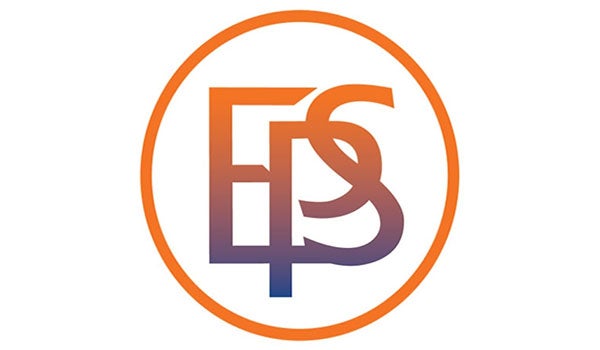Student eye exam legislation co-sponsored by Sen. Proos
Published 10:31 am Wednesday, June 7, 2017
LANSING — Sen. John Proos has co-sponsored legislation that would ensure Michigan students who fail a vision screening would get a comprehensive eye exam.
“It is critical to successful learning that our students have clear vision or that schools and parents have a plan for helping or treating children with vision issues,” said Proos, R-St. Joseph. “While Michigan schools require regular vision screenings, they are not comprehensive exams. We owe it to our children to put in place a process for those with vision problems to get the correct diagnosis and the help they need to read, learn and succeed.”
Senate Bill 411 would require a comprehensive eye and vision exam as the next step for a child who fails their already required grade school vision screening or is identified as a struggling reader by a qualified individual.
“I was contacted this year by the CW Tech robotics team in southwest Michigan about a team member who suffered from undiagnosed vision problems for years,” Proos said. “He was finally diagnosed with convergence insufficiency, finished treatment for the disorder and is now doing fine. Unfortunately, standard eye tests do not always uncover disorders like CI. As a result, parents or teachers then suspect that a child has a learning disability instead of a vision problem.”
Convergence insufficiency is a common binocular vision disorder in which the eyes do not work together while focusing on a nearby object. When looking at a close object, the eyes need to turn inward together (converge) to focus. If the eyes do not converge efficiently, the individual can struggle to concentrate and have difficulty with reading. Other symptoms include eye strain, headaches, double vision, and dizziness or motion sickness.
“Catching and treating children’s vision problems early can help improve academic performance and enhance their quality of life,” Proos said. “It also could help save families and schools the costs of unnecessary medical care and special education. All of this can happen by simply requiring children who fail a standard vision test to get a comprehensive eye exam.”
Under SB 411, the local health department would receive a written request that a child needs a comprehensive eye and vision exam and would notify the parent or guardian that the child is required to get the examination. The parent would then have to ensure that the child has the exam, which emphasizes visual functioning. The recommendation from the eye care professional would then be submitted to the local health department and parent of the child.






